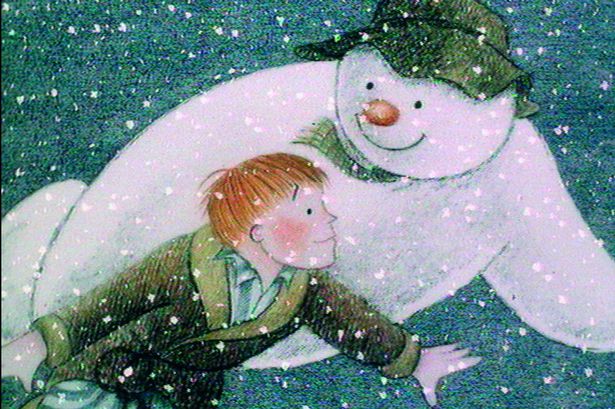The fleeting magic of holiday romance often melts away with the New Year, leaving a trail of broken hearts and unfulfilled promises in its wake. This phenomenon, aptly dubbed “snowmanning,” describes the pattern of a seemingly perfect romantic partner disappearing after the festive season concludes, much like a snowman vanishing with the arrival of spring. This trend, affecting an estimated one in five individuals, highlights the temporary nature of some relationships forged amidst the festive cheer, often fueled by seasonal loneliness, heightened emotions, and the desire for a fairytale ending to the year. The combination of these factors creates a fertile ground for whirlwind romances that lack the foundation for long-term commitment, leaving one partner feeling used and discarded once the holiday glow fades.
The allure of holiday romance stems from a variety of factors. The festive season is often imbued with a sense of nostalgia, heightened romantic ideals, and a pervasive pressure to find connection. The abundance of social gatherings, the warm ambiance of twinkling lights and cozy fires, and the shared anticipation of a new beginning, all contribute to a heightened emotional state that makes individuals more susceptible to romantic pursuits. Loneliness, amplified by the emphasis on family and togetherness, can also drive people to seek companionship, even if temporary. Furthermore, the pressure to present a perfect holiday experience on social media can motivate individuals to engage in relationships solely for appearances, adding another layer of complexity to the phenomenon of snowmanning.
Snowmanning, however, differs from traditional “ghosting” in several key aspects. While ghosting involves abruptly ceasing all communication without explanation, snowmanning typically involves a gradual fading out of the relationship coinciding with the end of the festive period. The perpetrator often maintains a veneer of interest throughout the holidays, showering their partner with attention and affection, only to withdraw slowly as the New Year approaches. This gradual disengagement can be even more emotionally damaging than outright ghosting, as the victim is left questioning what went wrong and clinging to the hope that the connection might be salvaged. The festive context further complicates the situation, blurring the lines between genuine affection and fleeting holiday cheer, making it difficult for the victim to discern the true intentions of their partner.
The prevalence of online dating apps further exacerbates the trend of snowmanning. These platforms provide a convenient and accessible way to connect with potential partners, particularly during the holidays when schedules are often packed and opportunities for organic meet-cutes are limited. However, the ease with which connections can be made and broken on these platforms also contributes to a disposable approach to relationships. The anonymity and lack of accountability offered by online platforms embolden some individuals to engage in short-term, superficial relationships without genuine intent for long-term commitment. The festive season, with its emphasis on temporary indulgences, can further normalize this behavior, leading to an increase in snowmanning incidents.
Identifying the red flags of a potential snowman can be challenging, especially during the emotionally charged holiday season. However, several key indicators can help individuals navigate the complexities of festive romance. Inconsistency in communication, vague future plans, and a reluctance to introduce you to their friends and family are all potential warning signs. Pay attention to their behavior outside of holiday-themed dates and gatherings. If their enthusiasm seems to wane when the focus shifts away from festive activities, it might be a sign that their interest is primarily tied to the holiday spirit rather than genuine connection. Trust your instincts and be wary of partners who seem overly eager to jump into a serious relationship too quickly, especially if they have a history of short-lived romances.
Protecting yourself from the emotional fallout of snowmanning involves setting healthy boundaries, managing expectations, and prioritizing self-care. Avoid idealizing potential partners and resist the pressure to rush into a relationship solely for the sake of having a holiday companion. Take your time to get to know someone before investing heavily emotionally. Open and honest communication is crucial. Express your expectations and desires clearly, and be attentive to your partner’s responses. If you notice red flags, don’t hesitate to address them directly. Remember that your worth is not defined by your relationship status. Prioritize your own well-being and nurture your existing relationships with friends and family. The festive season should be a time of joy and connection, not a source of emotional distress. By setting healthy boundaries and prioritizing self-care, you can protect yourself from the sting of snowmanning and enjoy the holidays on your own terms.














